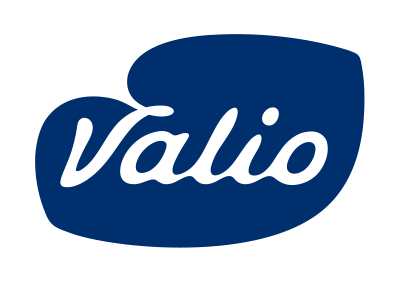Carbon sequestering and slurry recycling as Finland’s trump cards – through common effort

Currently, stopping climate change may be humanity’s greatest challenge. We have the responsibility to make sure ten billion people can live and be fed on this planet even in a few decades. The problem is global, and each country must do what they can do best.
In Finland, we know the climate challenges cattle raising poses, and we work actively to solve them. In many countries, cows are fed soy and maize, but we mainly use grass feed. Our environmental effect is also reduced by the fact that the meat of Finnish dairy cows ends up on Finnish dinner plates – the same animal is an effective source of varied nutrition.
Finland’s healthy and productive cattle fares well compared to others in environmental effect. We want to build an even more sustainable chain instead of outsourcing the environmental, economic and social effects. If Finnish animal production were to stop, exports would be what cover the demand. We would no longer know the way our food is produced. For instance, Finnish animals are not given preventive antibiotics. You only have to go as far as Central Europe for that to change.
Dairy farmers are an important part of the solution to climate change, as fields can, with the correct farming method, be significant carbon sinks. Doing so will also improve the harvest and farmer profits. In Finland, grass is the most competitive food production plant, compared to our European competition. Its ability to sequester carbon into the soil is currently undergoing significant research.
A significant portion of the world’s farmland is rugged grassland that can only be used to produce human food with, mainly, the help of ruminants. That is why we will continue to need animal assistance in securing the global food supply. Cattle raising is profitable here in Finland and similar regions with enough water and limited plant farming conditions. In order to make use of more rugged regions to feed a growing global population, it is important to find the most sustainable methods of production. Here in Finland, we can produce high-quality food and sequester atmospheric carbon into the soil, all at once.



